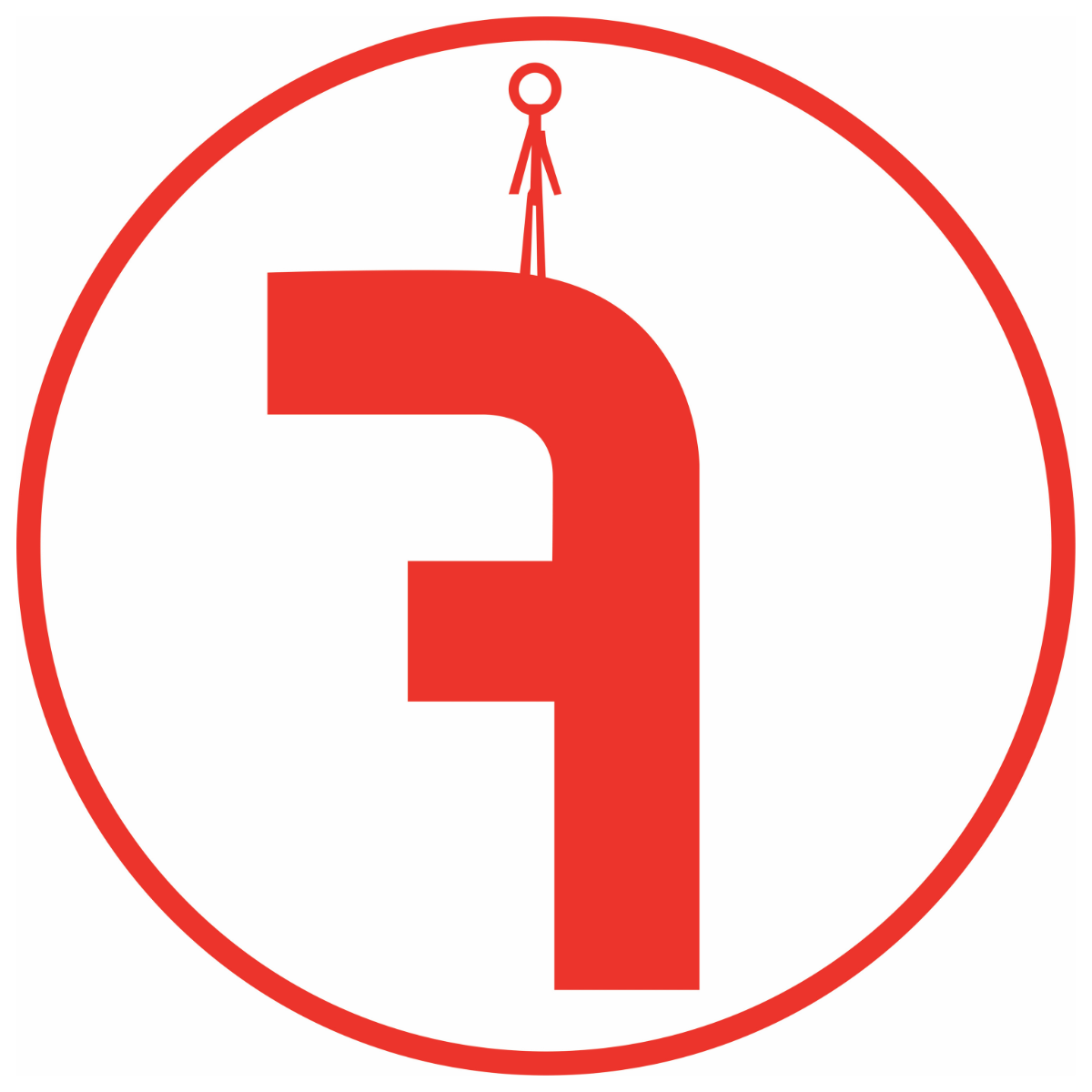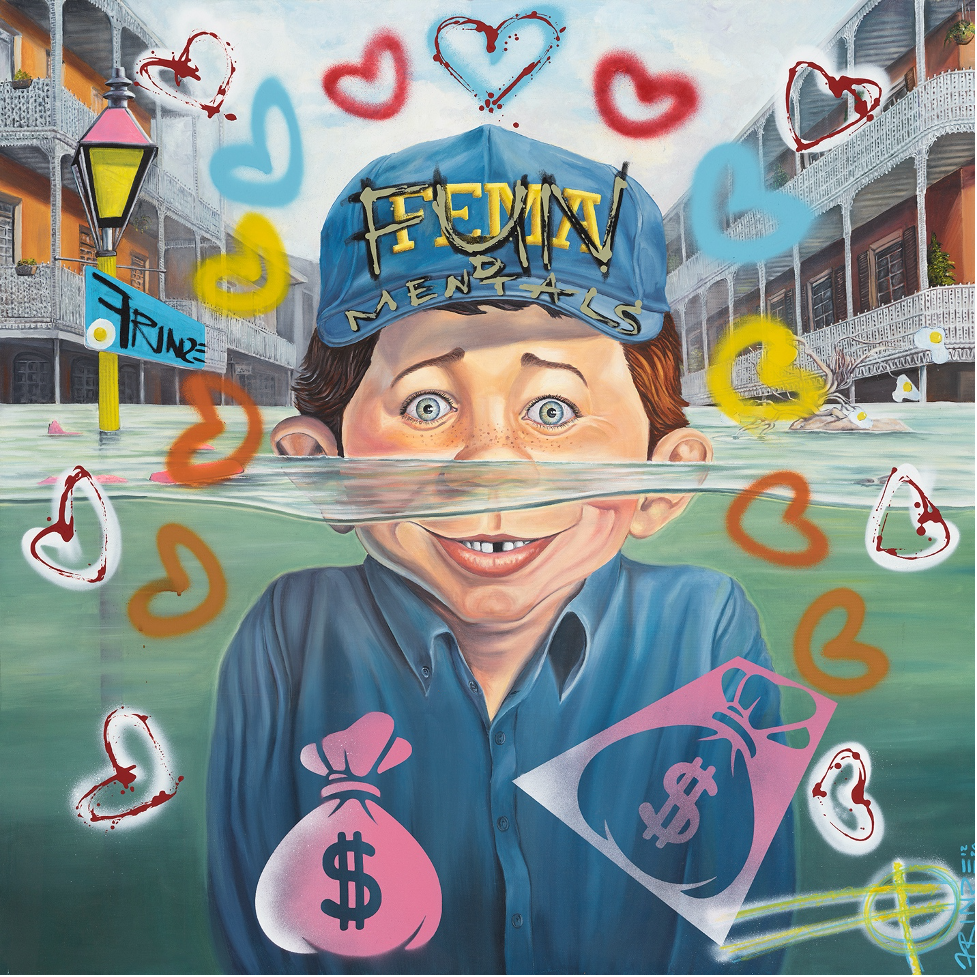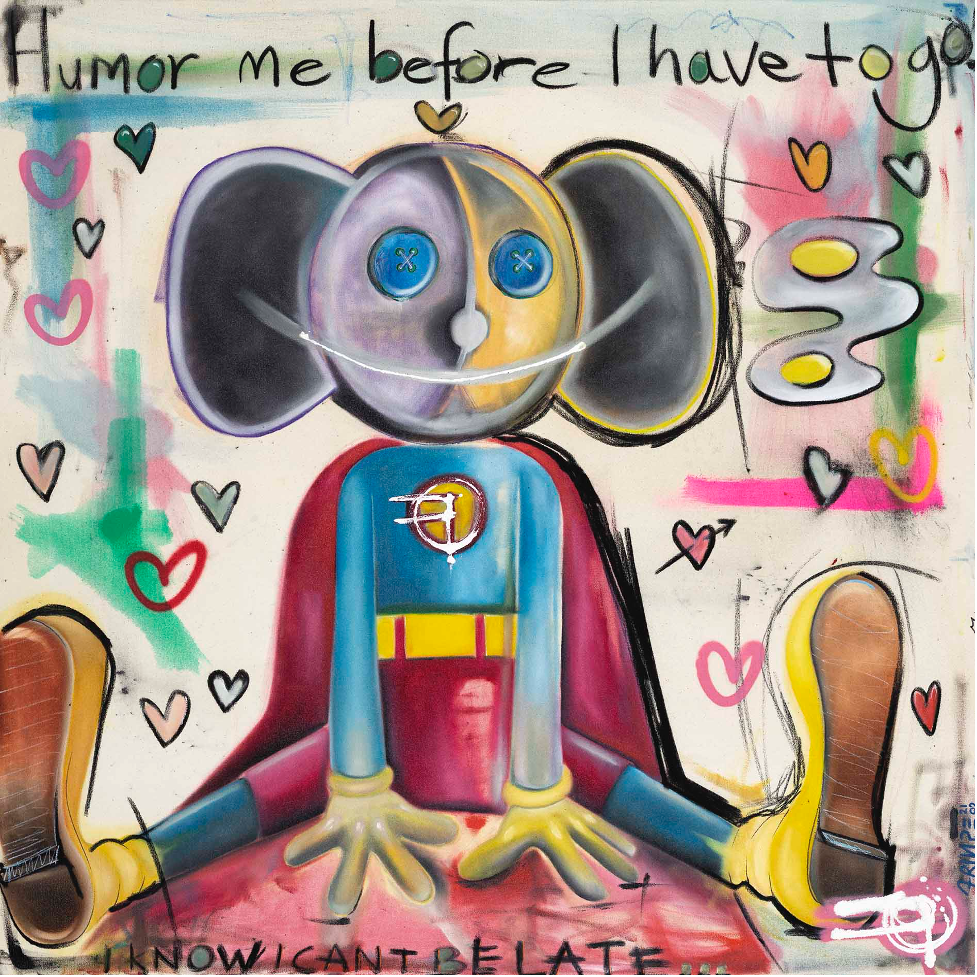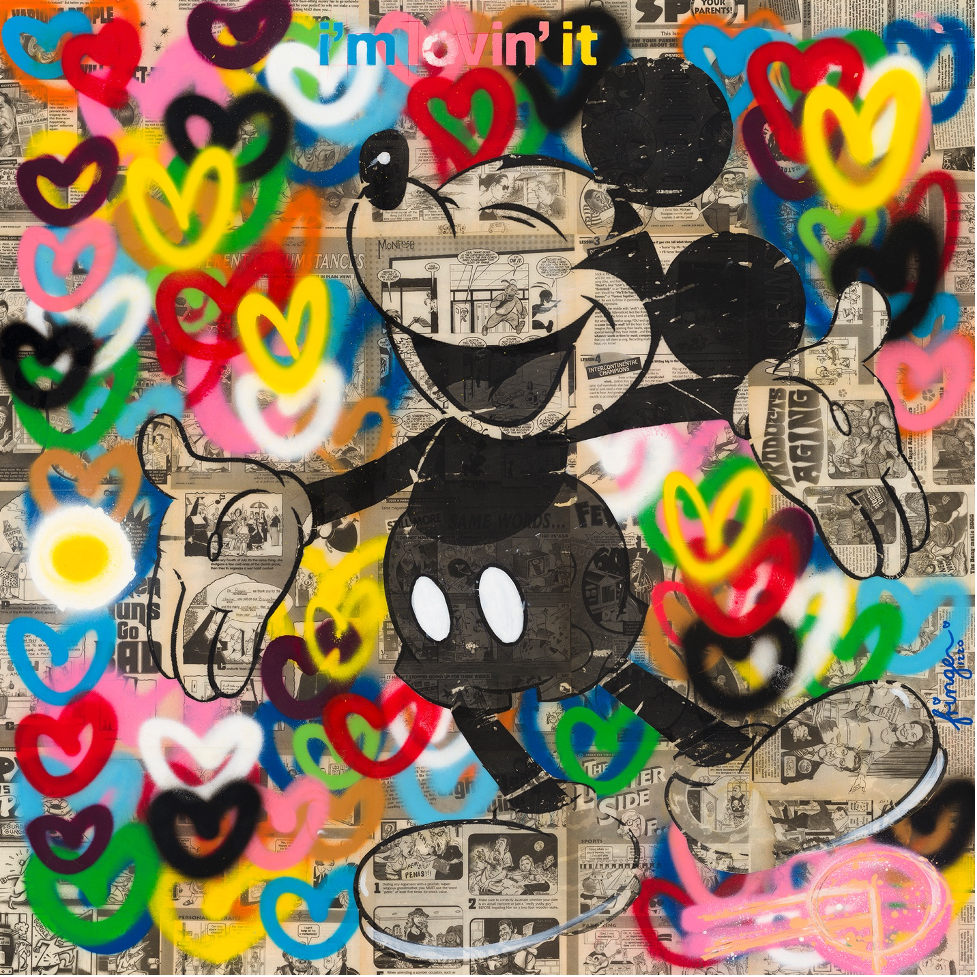
Scribbling the subconscious
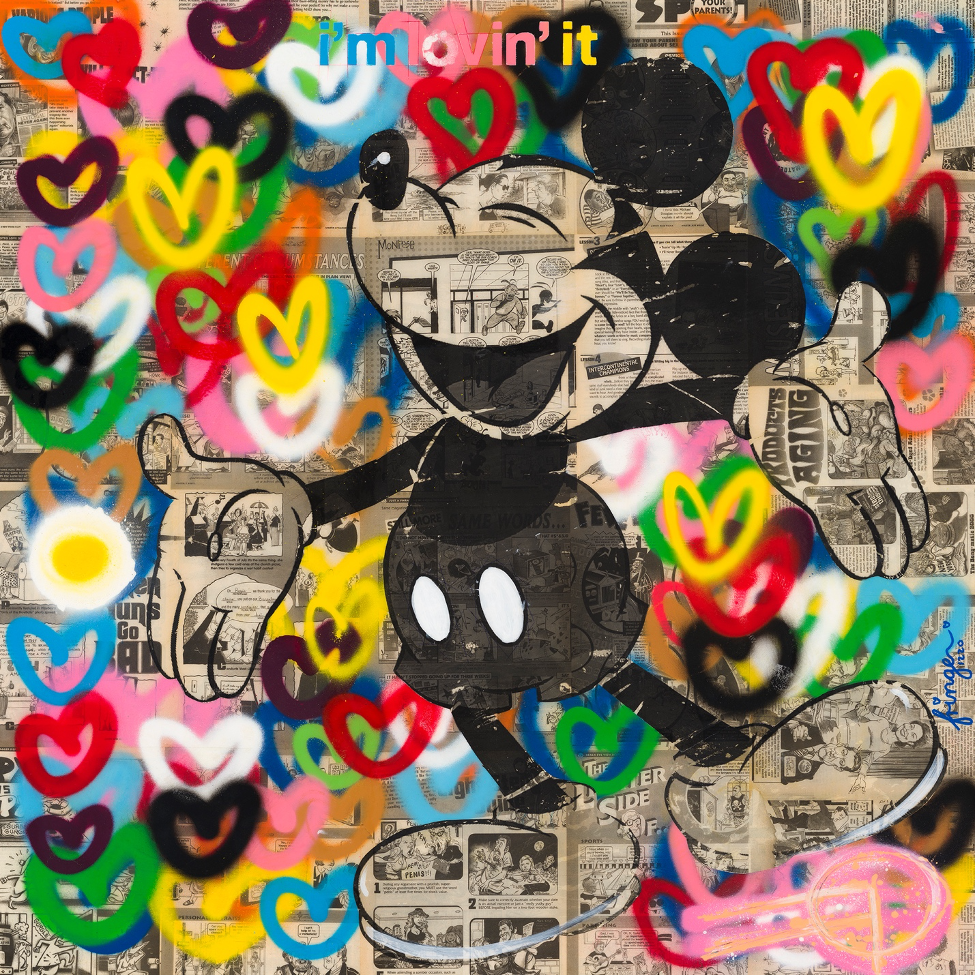
It’s been almost 90 years since Brassai started photographing graffiti on the walls of Paris. Today there’s nothing particularly special about photographing city walls with markings on them by people who are not full-time artists, and not even aspirant artists. But we have to pay tribute to the pioneers of the art/graffiti movement. Genuine graffiti artists have a drive to see their art in real places where real people, and not the art set, can appreciate it. And we, in turn, have come to appreciate them outside of the gallery context.
Brassai’s graffiti photographs were the first to take this humble form and elevate it. They spoke of the subconscious of the city. They had a great influence on the Surrealists, and it’s understandable because suddenly the harshness of real life could become part of an artistic composition by a famous photographer. But so much has changed in our lives as artists since then. I have made dozens of unique artworks, and dozens of prints with writing, and graffiti patterns, in them. In fact, I am part of a large artistic minority that gets its messages across in this way.
What would we do without scribbling written messages in our work? It’s almost as if my subconscious is telling me what to do. In the 70s and 80s graffiti used to be a direct assault on mainstream politics; but now it is once again imbued with the mystery and imagination of Brassai’s pictures. I prefer it this way.
My own tags, a fried egg that appears in all my work, sprayed hearts, and my symbolic signature are the beginning point for asserting my identity as an artist. But my verbal messages, written into my paintings, assert my identity as a person aspiring to be a good artist.
I don’t know, anymore, who decides whether an artist is good or bad. The artworld today seems to lack critical authority. But I do know that if what I say in my work comes from a place of real honesty, then I am on the right track
